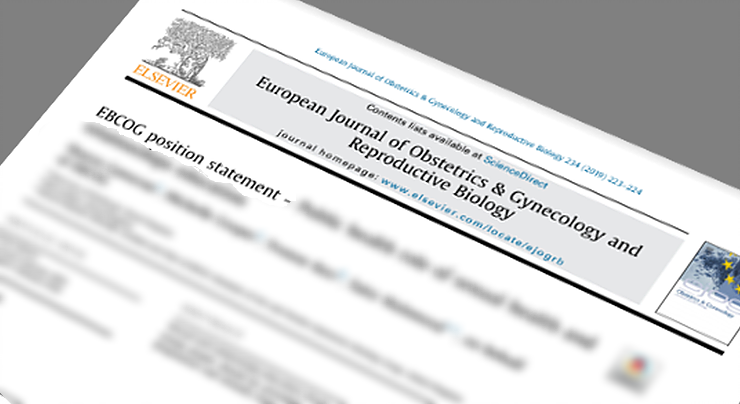Please visit our Publications page to view the paper in full.
Differences in the way health care delivery across countries may have important impacts on health outcomes and can result in inequalities. A questionnaire survey of members of national societies through EBCOG and EAPM was carried out in 2021. A total of 53 responses were received from 26 countries. Most countries reported that routine antenatal care is primarily delivered by medical staff, involving obstetric specialists or family doctors mostly in government-run facilities. Women from minority groups are able to access antenatal care easily in most countries. Less than 10% of women did not attend antenatal care throughout the pregnancy. Most booking for antenatal care takes place in the first trimester and the number of visits range from 6 to 10 depending on parity. Most countries provide routine ultrasound with 2–3 reported scans performed by specifically trained health care professionals. Facilities for prenatal screening/diagnosis of malformations in both low- and high-risk cases varied across Europe. While antenatal care is relatively standardized throughout Europe, important differences still exist in care delivery and accessibility to care. Antenatal preventive strategies appear to be variably available throughout Europe.

